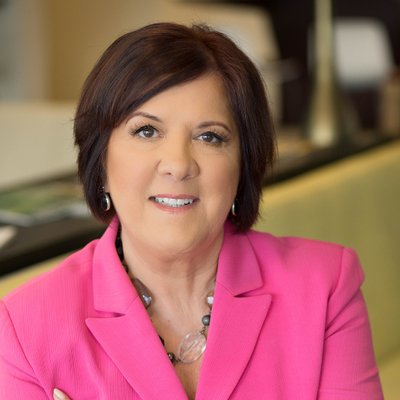S. 1129, aimed at providing comprehensive health care for all Americans, is gaining more attention:The Medicare for All Act of 2019 attracted 13 Democratic co-sponsors in the latest version introduced in the House in April 2019.
But most Americans don’t understand “Medicare for All,” the legislation introduced in 2017 by Sen. Bernie Sanders of Vermont. In their January 2019 Health Tracking Survey, Kaiser Family Foundation researchers found a skew in the public’s understanding about the proposed legislation. Nearly three-quarters of those surveyed (74%) favored a national health plan administered by the federal government—but only 37% agreed with eliminating private insurance.
The political scrum surrounding the issue of a single-payer system will only get more frenzied as 2020 approaches. Business reporters can help clear the air now by answering one or more of the following questions for their readers:
Who qualifies for “Medicare for All”?
Everyone. Develop a Q&A with your readers and start with this question; their answers will likely provide a story and video that gets widely viewed and read by many other subscribers in your circulation area. With the exception of the Veterans Health Administration and Indian Health Service, every American who receives health care services through government-sponsored programs such as Medicare, Medicaid, or the Children’s Health Insurance Program, or through an employer or private insurer, would be covered under “Medicare for All.” The national program also would cover those who are uninsured.Factcheck.org at the Annenberg Public Policy Center offers this backgrounder.
Why is “Medicare for All” being proposed?
Money. “Medicare for All” could reduce total health care spending in the United States by nearly 10%, researchers at the Political Economic Research Institute (PERI) at the University of Massachusetts Amherst found in a November 2018 study. The U.S. spends twice as much on health care as other developed countries,reportsthe Committee for a Responsible Federal Budget (CRFB), a Washington, D.C.-based policy group. In 2017, total health care expenditures cost Americans $3.5 trillion. That’s 18% of our national budget. The federal government paid about half those costs in 2017, spending $1.5 trillion, and costs are escalating. By 2028, the Office of Management and Budget in the Congressional Budget Office estimates that Washington’s share of health care bills will nearly double, to $2.8 trillion.
What challenges does “Medicare for All” face?
Plenty.The legislation’s main opponents are private insurance companies, which would be eliminated, and hospitals, which would have their payments cut. Both profit under the current system. Private insurers pay hospitals substantially more than Medicare (40%) for the same services, but hospitals could lose 16% of revenues, or $151 million annually, said Dr. Kevin Schulman, a professor of medicine at Stanford University, and one of the authors of a recent study published in the Journal of American Medical Association (JAMA). Talk with your local hospital about the impact that the proposed single-payer system would have on their ability to deliver quality health care.











